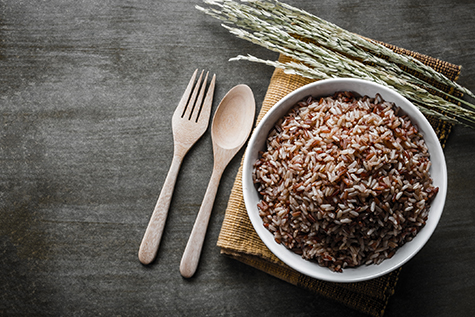TOP Supplements for Your HEART

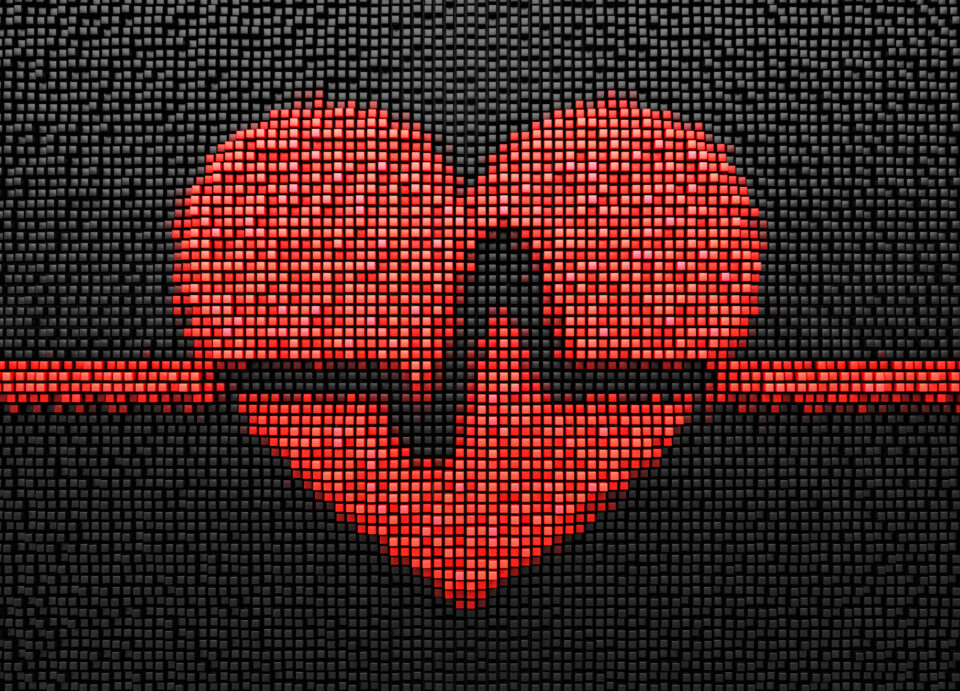
February is not only a time to celebrate love and relationships but it is also American Hearth Month. This important theme helps to raise awareness about cardiovascular disease including stroke. The good news is, though heart disease affects many people and is the leading cause of death for Americans, that your risk can be lowered by up to 80 percent by making good diet and lifestyle choices.
Important factors for heart health:
- Manage your stress
- Exercise regularly
- Focus on sleep
- Consume alcohol in moderation
- Meet with your doctor to discuss labs and testing to monitor your health
- Eat heart healthy foods including high fiber, fresh fruits and vegetables, and heart healthy fats
If you have the foundation of these healthy practices down, you may be wondering what else you can do to support your heart health. There are supplements known to support the cardiovascular system available. Here are the most common ones with the some of the best supporting research. Talk to your doctor to see if any of these may be a fit for you given your health goals, current conditions, and medications or other supplements. Keep in mind that real food is always going to be your best natural source of nutrients to support any body system.
CoQ10
 Coenzyme Q10 is a potent antioxidant and a key to powering the center of each cell’s energy source, the mitochondria. Aside from helping power one of our hardest working organs, the heart, some cholesterol lowering drugs deplete CoQ10. Many doctors will prescribe it in supplemental doses along with certain medications if appropriate. Find CoQ10 in the diet naturally in beef, sardines, and mackerel as well as spinach, broccoli and cauliflower.
Coenzyme Q10 is a potent antioxidant and a key to powering the center of each cell’s energy source, the mitochondria. Aside from helping power one of our hardest working organs, the heart, some cholesterol lowering drugs deplete CoQ10. Many doctors will prescribe it in supplemental doses along with certain medications if appropriate. Find CoQ10 in the diet naturally in beef, sardines, and mackerel as well as spinach, broccoli and cauliflower.
Garlic
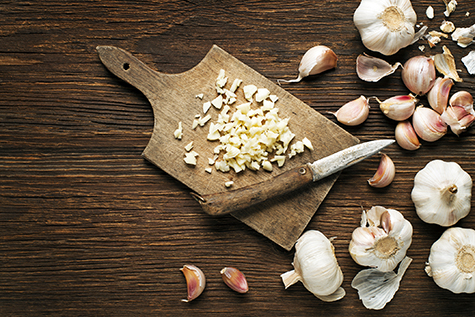 A favorite flavoring around the world, garlic is known for its culinary properties as well as its health boosting effects. Garlic is used to lower blood pressure, correct high cholesterol levels, for coronary heart disease and even to help prevent heart attacks. When taken appropriately, it has proven safe in long term clinical studies. Supplements come in a variety of doses, but 300mg daily is common and will likely be standardized to allicin content (the part that is linked to health outcomes). The good news is that garlic is delicious and can be easily included in the diet so use it daily in your cooking.
A favorite flavoring around the world, garlic is known for its culinary properties as well as its health boosting effects. Garlic is used to lower blood pressure, correct high cholesterol levels, for coronary heart disease and even to help prevent heart attacks. When taken appropriately, it has proven safe in long term clinical studies. Supplements come in a variety of doses, but 300mg daily is common and will likely be standardized to allicin content (the part that is linked to health outcomes). The good news is that garlic is delicious and can be easily included in the diet so use it daily in your cooking.
Hawthorn
 Used to treat serious conditions like coronary heart disease and congestive heart failure as well as high blood pressure and high cholesterol, hawthorn has long been used as cardiac supplement. Though studies haven’t been done on humans for more than 16 weeks, 100mg orally three times daily have been used and shown to help improve some cardiac diseases. Keep in mind that there are studies that show negative outcomes from using hawthorn so before you consider a supplement like this one, work closely with your doctor.
Used to treat serious conditions like coronary heart disease and congestive heart failure as well as high blood pressure and high cholesterol, hawthorn has long been used as cardiac supplement. Though studies haven’t been done on humans for more than 16 weeks, 100mg orally three times daily have been used and shown to help improve some cardiac diseases. Keep in mind that there are studies that show negative outcomes from using hawthorn so before you consider a supplement like this one, work closely with your doctor.
Magnesium
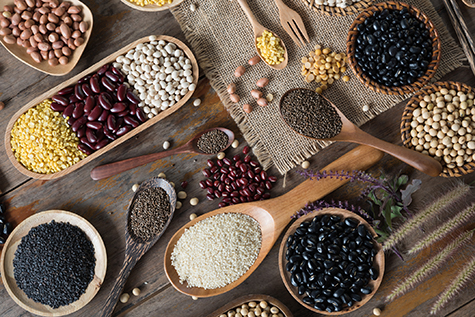 Critical to every muscle contraction, including each heartbeat, magnesium is a mineral that also plays a role in blood pressure. You can take magnesium as a supplement – ask your doctor about safety – and also get rich sources of it in your diet from dairy foods, meat and fish, cocoa, potatoes, tofu, nuts and seeds, beans, and bananas.
Critical to every muscle contraction, including each heartbeat, magnesium is a mineral that also plays a role in blood pressure. You can take magnesium as a supplement – ask your doctor about safety – and also get rich sources of it in your diet from dairy foods, meat and fish, cocoa, potatoes, tofu, nuts and seeds, beans, and bananas.
Niacin
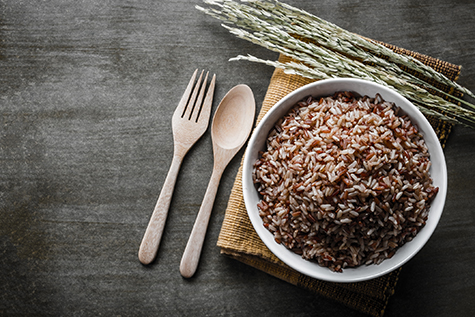 Vitamin B3, niacin is sometimes taken alone as a supplement and sometimes in conjunction with other b-vitamins. It is used to effectively treat high cholesterol and vascular diseases. It may help to lower blood pressure and improve circulation. Though recommended dietary allowances are only 16mg for men and 14mg for women, supplement doses are high – 250-500mg which can cause a side effect known as flushing, or an uncomfortable hot, red, itching feeling. The good news is that all B vitamins are found in many foods. Get your niacin from meat and fish, dairy foods, eggs, green vegetables and whole grains.
Vitamin B3, niacin is sometimes taken alone as a supplement and sometimes in conjunction with other b-vitamins. It is used to effectively treat high cholesterol and vascular diseases. It may help to lower blood pressure and improve circulation. Though recommended dietary allowances are only 16mg for men and 14mg for women, supplement doses are high – 250-500mg which can cause a side effect known as flushing, or an uncomfortable hot, red, itching feeling. The good news is that all B vitamins are found in many foods. Get your niacin from meat and fish, dairy foods, eggs, green vegetables and whole grains.
Omega-3 fatty acids
 EPA and DHA are essential fats, meaning you need to get them from the diet because your body can’t make them on its own. Not only are they critical to the health of all cells and to the brain, they help naturally thin the blood and support healthy blood pressure and blood flow. Richest naturally in cold water fatty fish (salmon, trout, halibut, sardines, anchovies) you can also get omega 3’s from enriches egg yolks, flaxseed, chia seed, and walnuts.
EPA and DHA are essential fats, meaning you need to get them from the diet because your body can’t make them on its own. Not only are they critical to the health of all cells and to the brain, they help naturally thin the blood and support healthy blood pressure and blood flow. Richest naturally in cold water fatty fish (salmon, trout, halibut, sardines, anchovies) you can also get omega 3’s from enriches egg yolks, flaxseed, chia seed, and walnuts.
Plant Sterols and Stanols
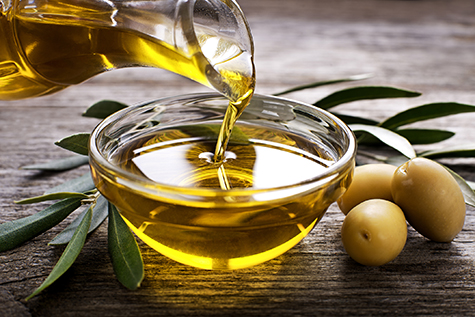 When humans eat plant “cholesterol” like sterols and stanols, it blocks the absorption of our own cholesterol, helping to excrete it from the body, decreasing blood levels. These compounds are used to prevent coronary artery disease, cardiovascular disease, and heart attacks. Plant sterols and stanols can be found in supplement form (particularly the forms beta-sitosterol, campesterol, and stigmasterol) but also occur naturally or fortified in some foods. Find these compounds in canola and olive oils as well as fortified plant-based butter/margarines or milks.
When humans eat plant “cholesterol” like sterols and stanols, it blocks the absorption of our own cholesterol, helping to excrete it from the body, decreasing blood levels. These compounds are used to prevent coronary artery disease, cardiovascular disease, and heart attacks. Plant sterols and stanols can be found in supplement form (particularly the forms beta-sitosterol, campesterol, and stigmasterol) but also occur naturally or fortified in some foods. Find these compounds in canola and olive oils as well as fortified plant-based butter/margarines or milks.
Resveratrol
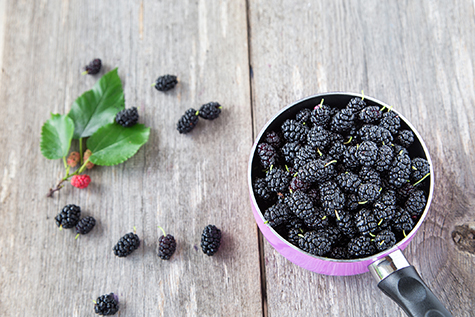 You can’t drink enough red wine to get the amount of heart healthy antioxidant resveratrol that shows up in some studies. For this reason, some people choose to supplement with it instead to get the cardiovascular protective effects that some studies show. However, red wine (and grape juice, too) does contain this potent antioxidant in varying levels which may contribute to the heart healthy effects of these beverages. Studies do indicate that pinot noir and cabernet sauvignon routinely contain the highest resveratrol levels. Other foods that contain resveratrol include mulberries, blueberries, bilberries, and peanuts.
You can’t drink enough red wine to get the amount of heart healthy antioxidant resveratrol that shows up in some studies. For this reason, some people choose to supplement with it instead to get the cardiovascular protective effects that some studies show. However, red wine (and grape juice, too) does contain this potent antioxidant in varying levels which may contribute to the heart healthy effects of these beverages. Studies do indicate that pinot noir and cabernet sauvignon routinely contain the highest resveratrol levels. Other foods that contain resveratrol include mulberries, blueberries, bilberries, and peanuts.
Importantly, many of these supplements including fatty acids, niacin, garlic, resveratrol and CoQ10 work to thin the blood. Use extreme caution with these types of supplements with certain conditions, medications and if undergoing surgery as they may increase the risk of bleeding. Some of these supplements interact moderate to severely negatively with common cardiac medications like beta-blockers, calcium channel blockers, digoxin, nitrates, anti-diabetes drugs, anti-hypertensive drugs, and alcohol. Chat with your doctor or dietitian to learn if any of these supplements could help you or if you’re better off focusing on dietary forms of each compound.
Resources:
What kind of heart health supplements have you tried? Let us know about your experience in the comments!
Natural Medicines Database. Coenzyme Q10. https://naturalmedicines.therapeuticresearch.com/databases/food,-herbs-supplements/professional.aspx?productid=938. Updated 12/22/17. Accessed 1/30/18.
Natural Medicines Database. Niacin. https://naturalmedicines.therapeuticresearch.com/databases/food,-herbs-supplements/professional.aspx?productid=924. Updated 2/2/18. Accessed 1/31/18.
Natural Medicines Database. Magnesium. https://naturalmedicines.therapeuticresearch.com/search.aspx?q=magnesium. Updated 1/17/18. Accessed 1/31/18.
Natural Medicines Database. Resveratrol. https://naturalmedicines.therapeuticresearch.com/databases/food,-herbs-supplements/professional.aspx?productid=307. Updated 12/14/17. Accessed 1/30/18.
Natural Medicines Database. Hawthorn. https://naturalmedicines.therapeuticresearch.com/databases/food,-herbs-supplements/professional.aspx?productid=527. Updated 11/30/17. Accessed 1/30/18.
Natural Medicines Database. DHA. https://naturalmedicines.therapeuticresearch.com/databases/food,-herbs-supplements/professional.aspx?productid=864. Updated 11/1/17. Accessed 1/31/18.
Natural Medicines Database. Garlic. https://naturalmedicines.therapeuticresearch.com/databases/food,-herbs-supplements/professional.aspx?productid=300. Updated 11/2/17. Accessed 1/31/18.
Natural Medicines Database. Plant Sterols and Stanols. https://naturalmedicines.therapeuticresearch.com/databases/food,-herbs-supplements/professional.aspx?productid=1537. Updated 12/20/17. Accessed 1/31/18.
February is American Heart Month. American Heart Association. http://newsroom.heart.org/events/february-is-american-heart-month-6669831. 2/1/18. Accessed 2/1/818.
